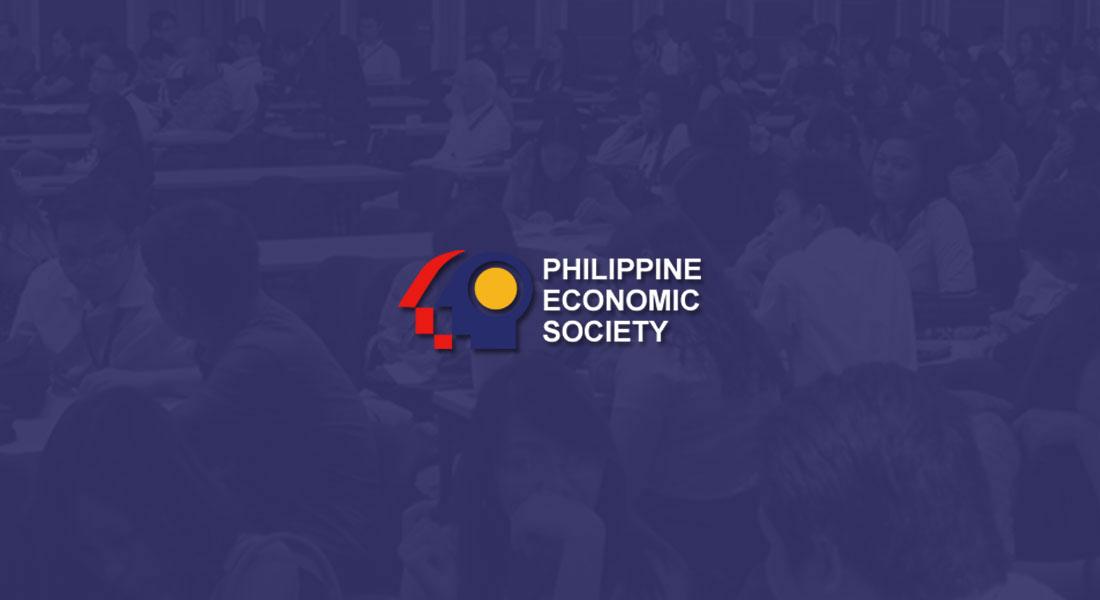
While the government maintains that a robust middle class will propel the country to a predominantly middle-class society within the next 15 years, economists warned that a lack of quality, stable jobs poses a threat to this goal.
The National Economic and Development Authority (NEDA) said that a strong middle class is crucial to achieving the Philippines' 2040 vision for a prosperous society, known as AmBisyon Natin 2040. However, local economists view the rise in underemployment in September as a troubling sign of a struggling workforce and limited job quality.
Data from the Philippine Statistics Authority (PSA) revealed that the number of underemployed Filipinos—those working longer hours or taking additional jobs—rose to 5.94 million in September, up from 5.11 million a year earlier.
Ballooning underemployment
"The rise in underemployment in September likely reflects a lack of quality, stable jobs, not a positive shift in workforce dynamics," said Jonathan Ravelas, senior advisor at Reyes Tacandong & Co. and managing director of e-management for business and marketing services.
"While it may indicate that more individuals are seeking additional work to meet their financial needs, it also highlights the challenges in securing stable employment that aligns with their skills and aspirations," Ravelas explained, stressing that this situation "complicates the path toward middle-class stability."
Diwa C. Guinigundo, former Bangko Sentral ng Pilipinas (BSP) deputy governor, stated that the recent spike in underemployment is "symptomatic of a lack of quality growth in the Philippines."
"Both unemployment and underemployment at many points seem to be declining, but if one were to examine the nature of employment, some are hardly productive, well-paying jobs," Guinigundo asserted.
He noted that many jobs are concentrated in services and self-employment, which are often seasonal and increase during holiday periods like Christmas and New Year.
"We don't have a strong infrastructure backbone for manufacturing," the former central bank deputy governor said, adding that "we have a long way to go in developing human capital in the Philippines, one that could adapt to the rapid pace of digital transformation."
A mirror of resilience
"Underemployment can indeed showcase the resilience of Filipino workers," Ravelas said. "Many individuals adapt by taking on multiple jobs or part-time work to sustain their livelihoods." He noted that this adaptability shows their "determination to achieve stability despite economic challenges."
However, it also highlights the need for improved opportunities that offer long-term security, the economist added.
Guinigundo pointed out that the volatile underemployment data means "a good number of Filipino workers are prepared to look for alternative work with better working conditions, or additional work, or additional hours of work."
He added that "given the low purchasing power of Filipinos, many of our workers have to work longer hours, or another job that offers additional income, to support their consumption needs. That's resilience," he stressed, referring to the 5.11 million underemployed workers.
Given the current situation, NEDA remains firm in its vision of a middle-class society by 2040, which is only 15 years away.
Is the 2040 vision achievable?
"It would be achievable if the government is more deliberate and intentional in actually implementing and monitoring the action plans of every six-year plan leading to 2040," Guinigundo said.
"As it is, even the country's innovation council to oversee the institutionalized embrace of innovation and technology has barely taken off the ground," he added. "It's still part of NEDA, but it must be more independent, better organized, and better funded."
According to Guinigundo, several major infrastructure projects remain unfinished, hindering connectivity and sustainable growth. He also emphasized the urgent need to address the country's education gap.
Without these improvements, "Ambisyon 2040 could be more years ahead than 2040," or something that is beyond reach.
Ravelas believes "it can be achieved, but we need to identify the necessary skills needed by the new economy and specialize in them," citing the country's strong medical sector as an example.
Securing shift to the middle class
Socioeconomic Planning Secretary Arsenio M. Balisacan, during the 62nd Philippine Economic Society (PES) Conference, emphasized the importance of policies that support the transition of Filipinos into the middle class and protect them from economic shocks.
"Our first and most important step is to address poverty in the country. Once individuals rise above poverty, we must focus on mitigating their vulnerabilities to risks by enhancing the resiliency of our jobs and other income opportunities to prevent them from falling back into poverty," Balisacan said.
Ravelas suggested policies to help underemployed workers transition to stable middle-class jobs, including investing in skills development, supporting small businesses, and improving job matching services. He also emphasized the crucial role of greater private sector involvement in enhancing job quality.
Guinigundo stressed that improving education and focusing on reskilling are major factors in stabilizing the workforce and meeting industry demands. He explained that "the lack of education or appropriate skill sets" is the "basic reason for their unstable status as workers."
"We must also prepare our labor force for digital transformation to enhance their productivity and level of efficiency," Guinigundo added.
Knowing the priorities
NEDA Undersecretary for Policy and Planning Group Rosemarie G. Edillon emphasized that sustaining a middle-class standard requires "a holistic set of priorities that the government must focus on."
"To sustain a middle-class living standard, Filipinos need adequate income and substantial savings," Edillon said. "The government must continue to implement policies that reduce poverty, keep commodity prices low and stable, increase employment opportunities and improve the employability of Filipinos, as well as build resilience by strengthening social protection."
World Bank economist Gonzalo Varela stressed the need for quality job creation and productivity growth through reduced entry barriers, enforced competition, and opening key sectors.
Like Guinigundo, Varela urged the government to build strong human capital and future-ready skills, addressing foundational issues and preparing for technological disruptions.
 Philippine Economic Society (PES)
Philippine Economic Society (PES)